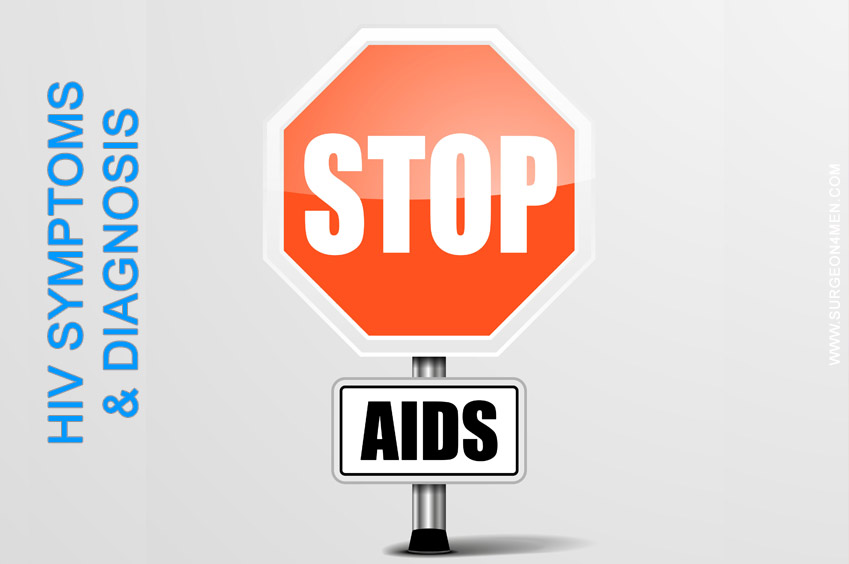HIV Symptoms and Diagnosis
Human Immunodeficiency Virus (HIV) is a virus that is known to attack a person’s immune system thereby weakening her/his ability to fight germs, infections, and diseases. HIV attacks the CD4 or T cells of the immune system. When the cells of the immune system get destroyed, the person becomes susceptible to AIDS or Acquired Immunodeficiency Syndrome. Once a person has acquired the HIV, it is impossible to get rid of it. This means that the person affected by HIV has it for life. However, with timely medical interventions, it is possible to control HIV.
HIV infection in humans can be attributed to a particular type of chimpanzee from West Africa. When these chimpanzees were hunted for meat humans came in contact with the infected blood through which the HIV was transmitted to humans. HIV is transmitted when a person comes in contact with the bodily fluids such as vaginal and anal fluids, semen, blood, and breast milk of an infected person.
Symptoms of HIV
- Enlarged lymph nodes
- Fever
- Rashes
- Sore throat
Other symptoms can include joint and muscle pain and tiredness. Once the immune system has been seriously compromised, the person might experience weight loss, night sweats, chronic diarrhea, recurrent infections, and life-threatening diseases.
These symptoms can last for a few days to several weeks. When a person is exhibiting flu-like symptoms, the HIV infection might not show up on being subjected to the HIV test. However, during this stage, the person is highly infectious and can even spread the infection to other people.
Diagnosis of HIV
Testing is the only fool-proof method of diagnosing whether a person has HIV infection. Delaying of testing might cause the HIV to become more aggressive. Some common types of tests for diagnosing HIV are listed below:
- Home Tests: The Home Access Express test is a home collection testing service which involves collecting blood by pricking the patient’s finger. The licensed laboratory shares the results the next day and follow-up tests are scheduled if the results are positive.
- Saliva Test: This form of testing involves collecting saliva from the inside of the cheek on a cotton pad and then placing the pad in a vial which is submitted to a laboratory for analyses. The results of this tests are normally shared in three days.
- Viral Load Test: This test is conducted to measure the amount of HIV present in a person’s blood. This test is done to detect an early infection or to monitor the progress of HIV treatment. The testing mechanism involves detection of HIV by using DNA sequences which bind specifically to the HIV.
- Western Blot Test: This is a very sensitive test that is typically used for confirming the results of the ELISA test.
References:
